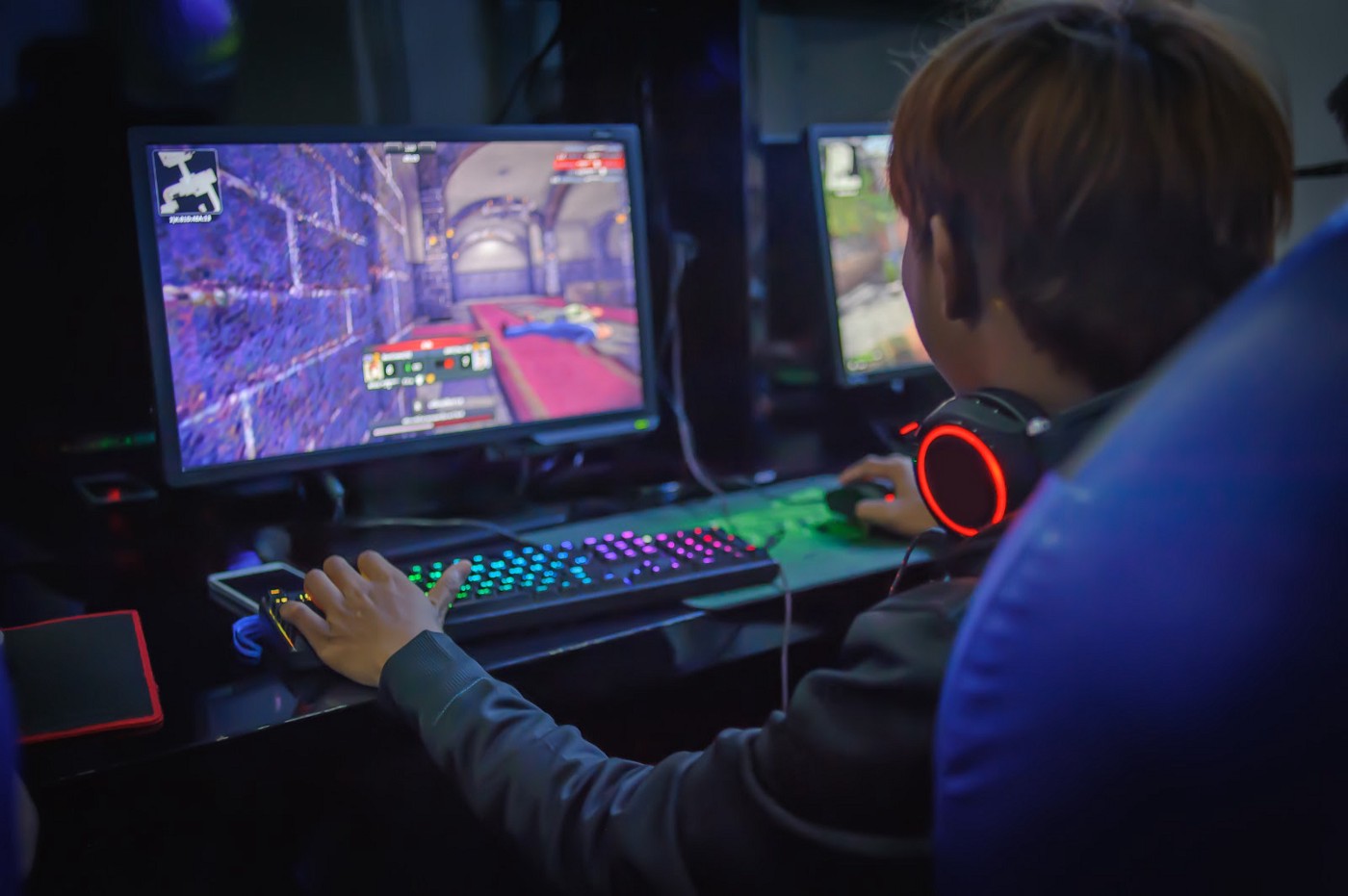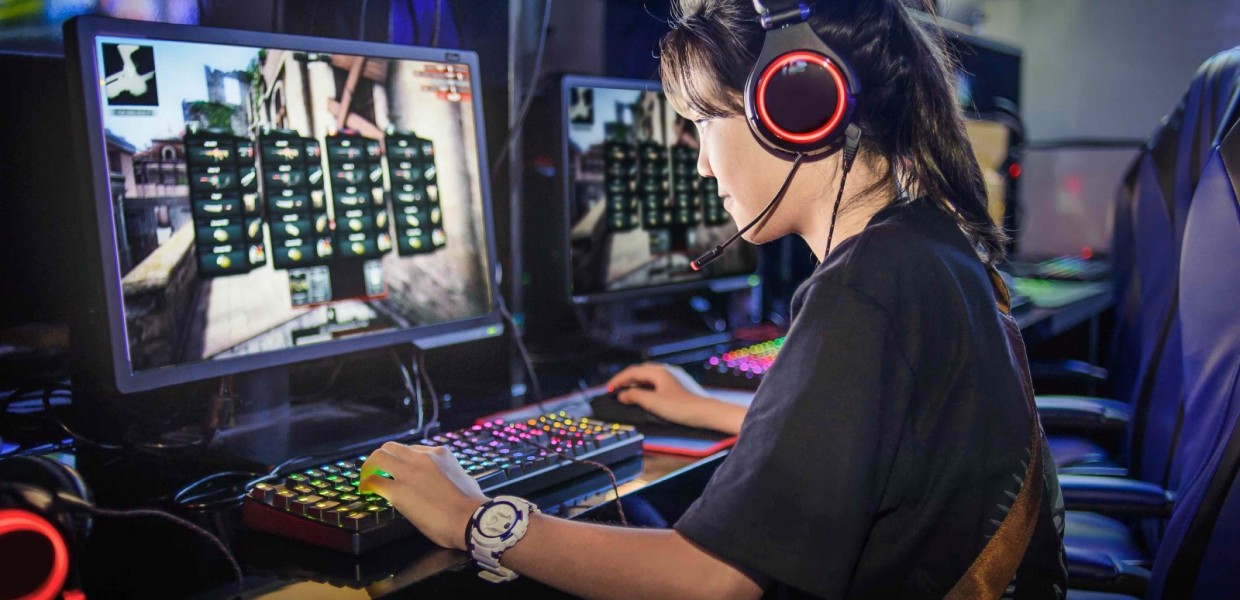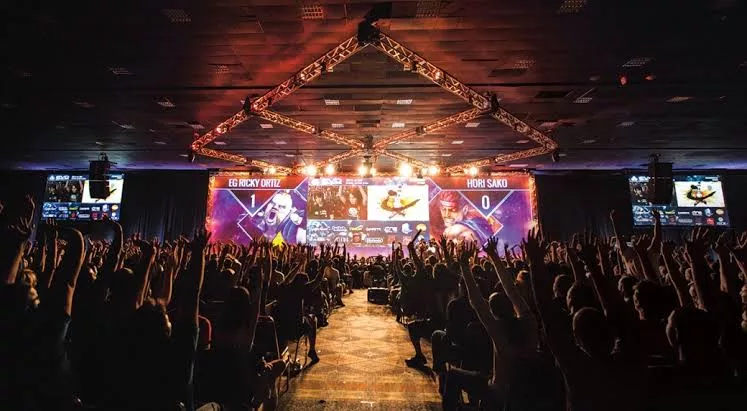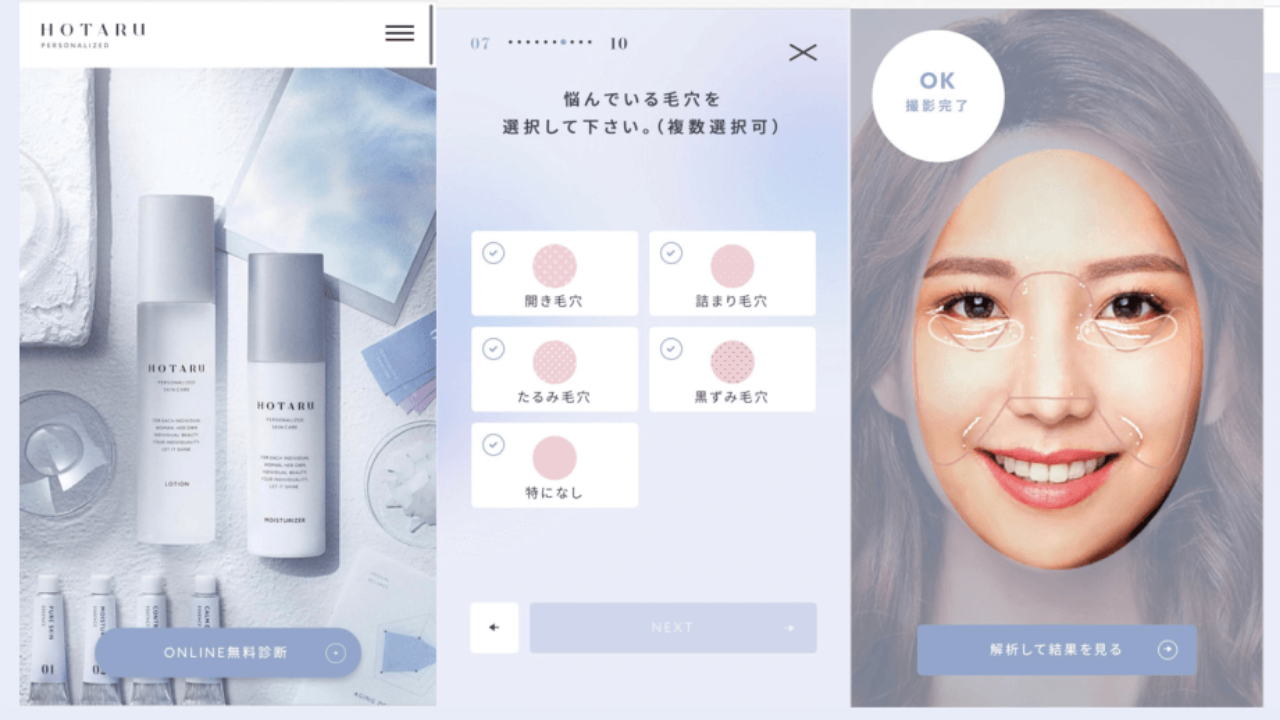 Industries
Industries
Keen to unlock higher achievements in the Japanese e-sports…
E-sports are a growing worldwide phenomenon focusing on competitive video gaming, across multiple platforms from PC to console, and the Japanese e-sports market is also one to keep a look out for. This doesn’t just take place online in the comfort of players’ own homes, there are dedicated, purpose-built spaces for pro gamers to do their thing. Public e-sports tournaments which, much like regular sporting events, see hordes of like-minded fans gather to provide support from the sidelines for their favourite players. The global value of the e-sports industry is forecast to reach $1.4 billion USD by 2020.

So what’s happening with the Japanese e-sports market right now?
The e-sports concept is still relatively new in Japan, and despite having the third-largest gaming market in the world (67.6 million players), the country has been lagging in its uptake of and investment in e-sports, particularly when we look at regions such as the US and China. In fact, according to a 2018 survey, only 14% of Japanese respondents indicated that they had heard of the term. The local e-sports market is worth around 5 billion yen (equivalent to around $45.5 million USD), the breakdown of which is as follows:
- 1.3 billion JPY in sponsorship/advertisement
- 1.2 billion JPY in ticket sales
- 900 million JPY in prize money for gamers
- 100 million JPY in merchandise
- 100 million JPY for licensing
- 100 million JPY in fees for broadcasting rights
Around 1.58 million viewers watch live broadcasts of e-sports tournaments in Japan. This is something of a subdued audience when we look at figures reported by neighbouring countries, particularly China which is set to make nearly double the revenue of the US market in 2019 and be worth $3 billion USD by 2020.
As the main point of comparison, the success of e-sports in China and South Korea provide an inspirational blueprint for Japan from which they can build a solid infrastructure that will enable the industry to thrive. The Ministry of Economy, Trade and Investment (METI) held a seminar in March with ninety delegates, and a panel discussion with representatives from companies such as KPMG and Ritsumeikan University.

Main players in the Japanese market, however, are keenly aware of the scope of e-sports as an activity that can draw large crowds, especially in terms of affiliate marketing and sponsorship opportunities. There are also dedicated organisations looking to spur the development of e-sports throughout the country.
For example, e-sports Communications which was founded in 2016, seeks to promote the sector in Japan, as well as facilitating international collaborations with companies that are not necessarily working with e-sports. JESU — Japan e-sports Union, has been running since 2018 and includes member companies such as Nintendo, Bandai Namco, China’s Tencent, and Sony. JESU are actively promoting increased participation in e-sports, for both players and spectators, by hosting various events across Japan.
The Japanese government has also invested the equivalent of $460,000 USD from the fiscal 2019 budget towards a two-day e-sports event in Tokyo, which is expected to reach more than 15 million people. The growing hype around e-sports are also looking to be tied into promotions for Tokyo 2020 Games as being ‘another type of sport’, since they help to spread the spirit of competition and the hard work that goes into training, whether that’s preparing physically or mentally.
What are some of Japan’s top e-sports assets?
So far, JESU has largely been organising events centered on the bubble tetris game Puyopuyo (similar to Bubble Pop), as well as the hit smartphone game Puzzles and Dragons, and arcade games such as Street Fighter, but this is likely to branch out into other franchises as more companies and influential gamers get involved and as demand intensifies from the spectator side.
SCARZ was one of the first Japanese e-sports teams to be founded back in 2012 and now cover a significant remit of games compared to most. The pro gamers on the SCARZ roster live in shared accommodation together and schedule intensive training periods for three hours each evening. Another leading professional e-sports teams is called Nora-Rengo (野良連合), currently made up of fifty-one gamers.
In addition to e-sports competitors, the group also has a dedicated division of gamers who solely gain revenue from live streaming their gameplay through various streaming platforms. With over 71,000 followers on Twitter alone, which suggests that Nora-Rengo has a huge reach within the community.
Some areas of e-sports are yet to be developed
As things stand, the e-sports arena in Japan is still fairly niche and players are opting to compete in overseas tournaments since there just hasn’t been a large enough supply of large-scale events and competitions nationally. Japanese pro gamers monetise their skills primarily through livestreams on platforms such as YouTube, Niconico and Twitch, not only through taking part in competitions or e-sports tournaments.
It should be noted that there are a higher proportion of game watchers than gamers, which represents an opportunity to boost industry growth by also generating revenue from the spectator side. Even when e-sports events are held in Japan, many have complained that the prize money is extremely meagre in comparison to what players could win elsewhere.
This means that whilst streaming content is king, there’s currently less of an incentive for Japan’s pro gamers to participate in national tournaments. Skilled players in this area are more likely to take up opportunities overseas. Given the number of hours pro gamers put into practice, they may as well get a decent return on their investment. The selection of games available to play during Japanese tournaments is also quite limited.
There is less of an emphasis on the leading games that have a solid reputation internationally within the remit of e-sports. Sure, the professionals know this, and tactically learn how to play certain games, but there’s little demand on Japanese soil.
From what the sector experts have been saying, it seems that in order to generate more opportunities in the Japanese market, there need to be enticing incentives and training schemes to get individuals placed in professional teams.
This is similar to what happened with some areas of the startup ecosystem in Japan a few years ago, when many ventures could not obtain the necessary funding and guidance from Japanese companies, due to the perceived level of risk involved. Now, more funding is coming from the government and private companies, but there’s still a significant demand for foreign investment. In the same way, the e-sports industry will likely have to source sponsorship deals and licenses from overseas companies, in addition to what the Japanese government and national e-sports organisations are able to provide.

What’s in this for foreign companies?
We can see a great deal of potential for non-Japanese companies to partner with local industry names in the e-sports sector in order to boost brand awareness, share expertise and jointly develop new technologies and services. There will also be a growing number of e-sport players and companies looking for sponsorship from overseas. Japan undoubtedly wants to increase its market share in this area, whilst finding unique ways to appeal to the demands of the domestic audience. It’s very likely that they’ll opt to learn by example from the likes of China, South Korea and the US.
This is a common tactic Japanese companies adopt when trying to gain a stronger foothold in the global marketplace — learn as much as possible about what other countries are doing before understanding how best to proceed within Japan.
In order to get a warmer introduction to the Japanese e-sports sector, we recommend first establishing a relationship with an organisation such as JESU or E-sports Communications who are in charge of hosting major events, or agencies representing pro gamers. Given the higher ratio of gamers to viewers (a quarter of Japan’s gaming population also watch streamed content relating to gaming), the latter should be a key area of focus in terms of influence.
How can Tokyoesque help?
If you’re interested in Japan’s gaming / e-sports sector. Tokyoesque can conduct deep dive research to uncover what Japanese players, spectators and related businesses think about what’s happening in the industry, and how this can fit in with your offering. Alternatively, our team can work with you to facilitate meetings with potential partners or clients in Japan.
— –
Tokyoesque specialises in providing Japanese consumer insights to western brands who wish to enter/expand in the Japanese market. Whether you’re looking to make an initial entry into the market, revitalise your brand’s existing presence in Japan, or localise your overall strategy to resonate with Japanese consumers, Tokyoesque can work with you to realise your objectives.
Contact us for a free consultation.









